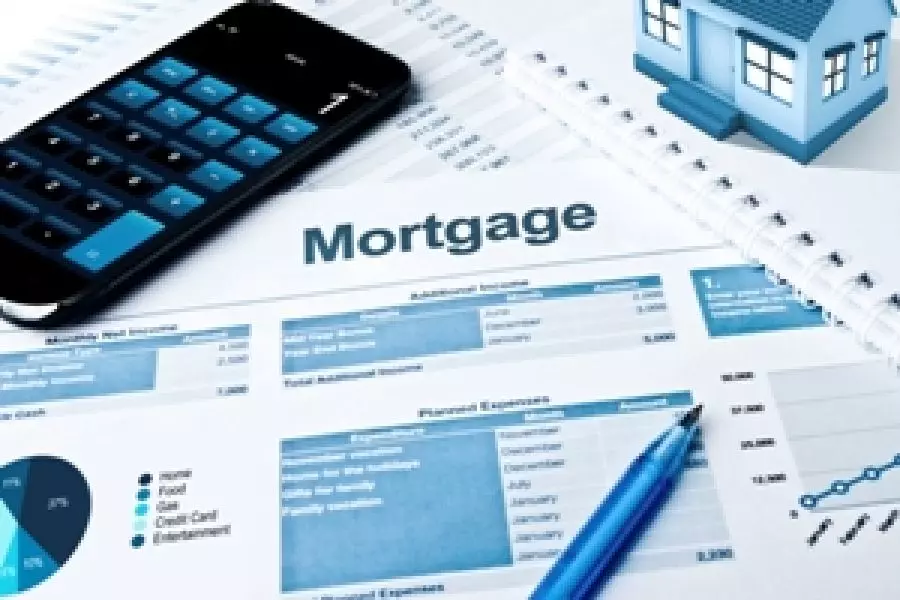News
LVRs kept on hold

Wednesday 27th of November 2019
It has made the call as part of its latest Financial Stability Report (FSR), which was released this morning.
Reserve Bank governor Adrian Orr says that LVR limits have been successful in reducing the more excessive household mortgage lending.
“The LVR rules have improved the resilience of banks to a deterioration in economic conditions.”
Yet fears of excessi...
Want to read the full article?
Click the button below to subscribe and will have unlimited access to full article and all other articles on the site.






![[The Wrap] Bye Bye Bayly](https://goodreturns.publit.io/file/c_fill,w_900,h_600/39f23ac1-f7c7-4854-b700-a150004ebbac.webp)


